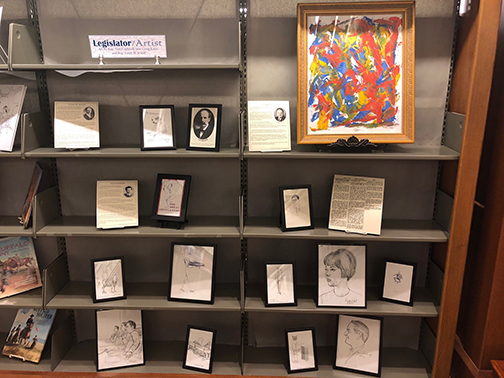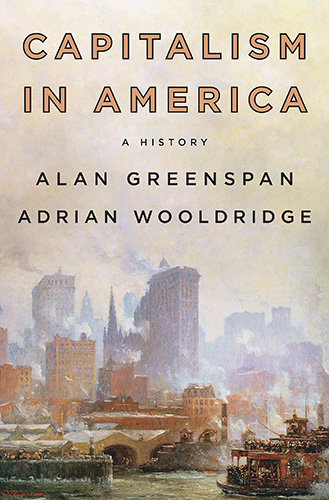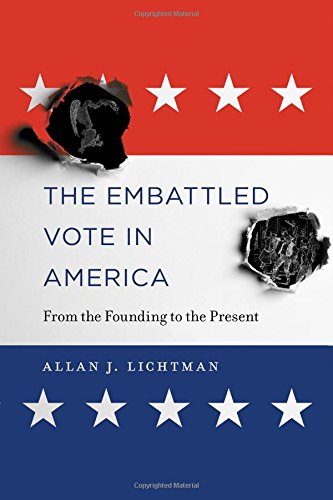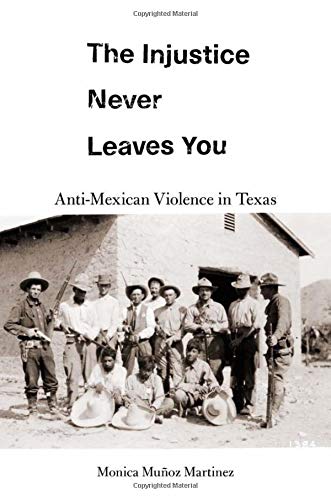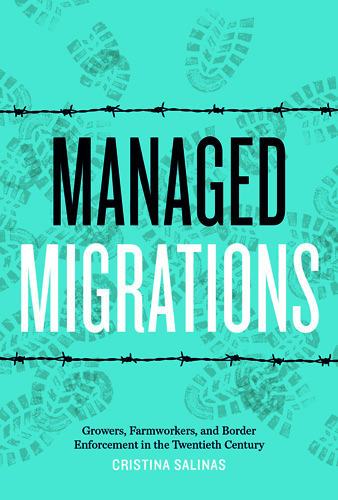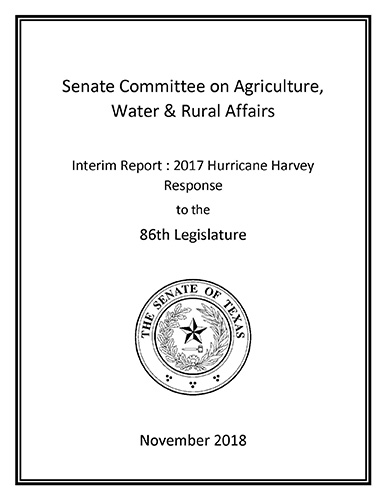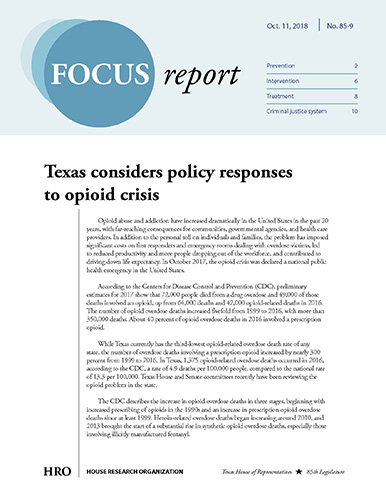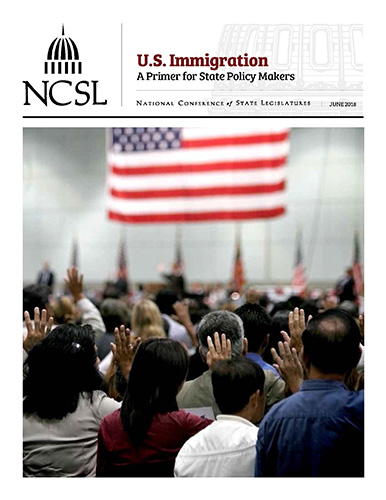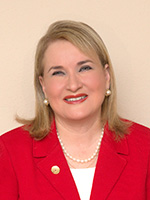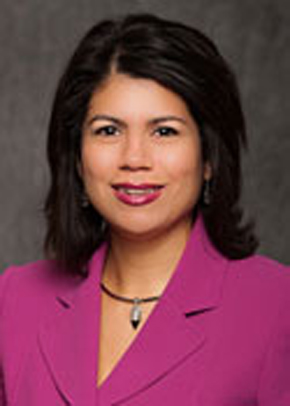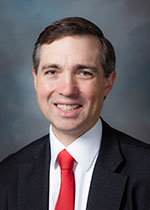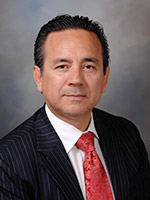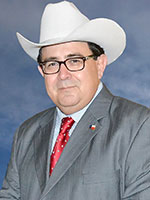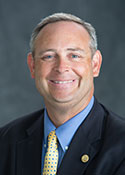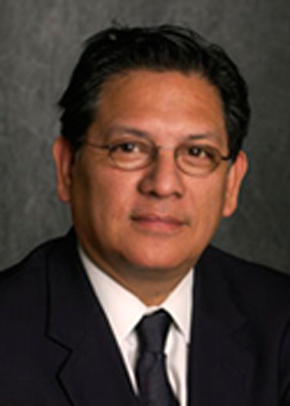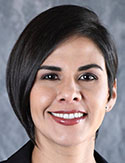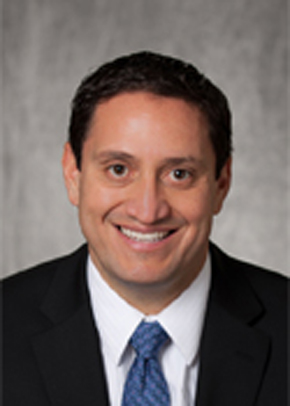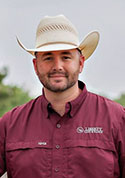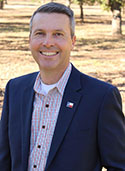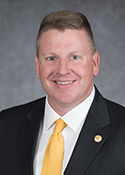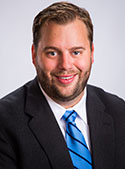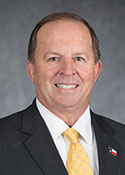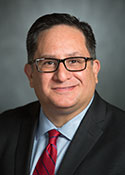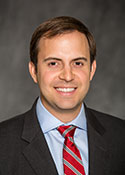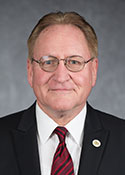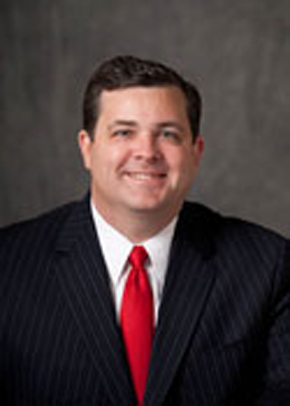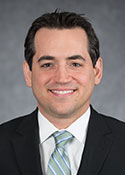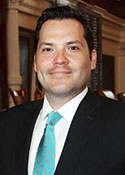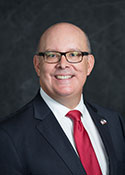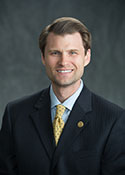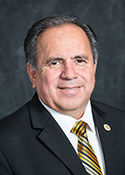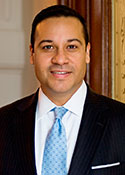In this weekly post, we feature helpful research tools and recent articles of interest to the legislative community.
- Review federal provisions related to compassionate use of investigational drugs. (Congressional Research Service, November 27, 2018)
- Consider the health risks associated with secondhand smoke. (Centers for Disease Control and Prevention, December 7, 2018)
- Read about how Americans access the news. (Pew Research Center, December 3, 2018)
- Follow the Texas Highway Patrol on social media. (Texas Department of Public Safety, December 11, 2018)
- "Under seize." By Mark Walsh. ABA Journal: The Lawyer's Magazine, December 2018, pp. 20-21. Highlights case before the United States Supreme Court, Timbs v. Indiana, which questions whether the Eighth Amendment's prohibition against excessive fines prohibits states and local governments from imposing excessive fines, fees, and civil forfeitures. Related information at: http://www.scotusblog.com/case-files/cases/timbs-v-indiana/.
- "Education outlook for the 2019 legislative session." By Jennifer Mitchell. ATPE News (Association of Texas Professional Educators), Winter 2018, pp. 16-18.
Details legislative priorities of the Association of Texas Professional Educators [ATPE] for the 86th legislative session. Addresses school finance, healthcare, pension benefits, compensation, and privatization. - "School finance by the numbers." ATPE News (Association of Texas Professional Educators), Winter 2018, pp. 20-21.
Examines how the school finance system in Texas is affecting educators, students, and taxpayers. Includes statistics on state versus property taxpayer funding, per-student funding, teacher salaries, and more. - "An immigration patchwork in the states: How partisanship, regionalism, and shifting priorities impact state immigration laws." By Ramón Cristobal and Teresa Cardinal Brown. Bipartisan Policy Center, November 2018, pp. 1-30 (Note Length).
Presents an overview of state immigration legislation from 2005–2017, with identification and driver's licenses, budgets, and enforcement as the top three categories of state laws enacted. Explores the effects of partisanship, regional disparities, and local economic factors in the consideration of state immigration legislation. - "Lecturer who called police on student wasn't biased but needs training, U. of Texas at San Antonio says." By Emma Pettit. Chronicle of Higher Education, November 23, 2018, p. A19.
Details a recent incident at the University of Texas at San Antonio in which a lecturer called police to remove a black student from her class. Reports racial bias was not found in this situation, but the incident shows room for improvement around issues of diversity and inclusivity. - "'Deal-closing' fund too slow to attract new companies, site selector says." By Bill Hethcock. Dallas Business Journal, November 30, 2018, p. 3.
Discusses corporate site selectors' assessment of the Texas Enterprise Fund incentive process and timetable. - "In patient safety efforts, pharmacists gain new prominence." By Rebecca Gale. Health Affairs, November 2018, pp. 1726-1729.
Details how states could expand the role pharmacists play in working with patients and medication management. Points out that pharmacists could be on the front lines of improving patients' adherence to prescriptions, with opioids as a key example. - "Alternative state-level financing for hepatitis C treatment — The 'Netflix' model." By Mark R. Trusheim, William M. Cassidy, and Peter B. Bach. JAMA (Journal of the American Medical Association), November 20, 2018, pp. 1977-1978.
Considers the logistics of states making subscription-based arrangements with pharmaceutical corporations to pay for hepatitis C [HCV] treatment for the state's residents. Notes that this Netflix-type arrangement raises regulatory questions but could facilitate important public health gains. - "Pillars of fire." By Kevin D. Williamson. National Review, December 3, 2018, pp. 27-30.
Profiles the oil and gas industry around Midland–Odessa. Considers the problems associated with a shortage of appropriate infrastructure and employees. - "Urban cowboys." By Michael Hendrix. National Review, December 3, 2018, pp. 19-20.
Explains 2018 election results indicate that Texas cities are getting bluer and suburbs are turning purple, while rural areas are getting "redder and emptier." Suggests a Republican aim for future election success might be to keep "Texas attractive for red flight from blue states." - "Steel tariffs complicate Permian pipeline buildout." By Natalie Regoli. Oil and Gas Journal, November 5, 2018, pp. 68-71.
Presents information about how the recent steel and aluminum tariffs are affecting oil and gas operations in the Permian Basin. - "Public schools for private gain: The declining American commitment to serving the public good." By David Labaree. Phi Delta Kappan, November 2018, pp. 8-13.
Explores the progression in thinking of American education's mission from the view of building a better community (public good) to a means for private advancement in pursuit of better jobs (private good). Argues this change has caused society to back away from a social commitment to "other people's children." - "Pay up or stay put." By Rebecca Pirius. State Legislatures, November/December 2018, pp. 38-39.
Reports on several recent state legislative efforts to tackle financial inequities associated with pretrial detention. - "Going the distance: Preparing for the 86th Texas Legislative Session is like training for a marathon." By Celeste Embrey. Texas Banking, December 2018, pp. 8-11.
Previews the 86th Legislature from a banking industry perspective and includes the Texas Bankers Association 2019 legislative agenda. - "Parks in peril." By Joe Nick Patoski. Texas Observer, Dec/Jan 2018-19, pp. 12-19.
Argues that Texas state parks are overburdened and deteriorating due to a variety of factors, including underfunding, an explosion in park visitors, development, and natural disasters. Addresses the Legislature's history of diminished support for the state's parks and what needs to be done to save them from ruin.

